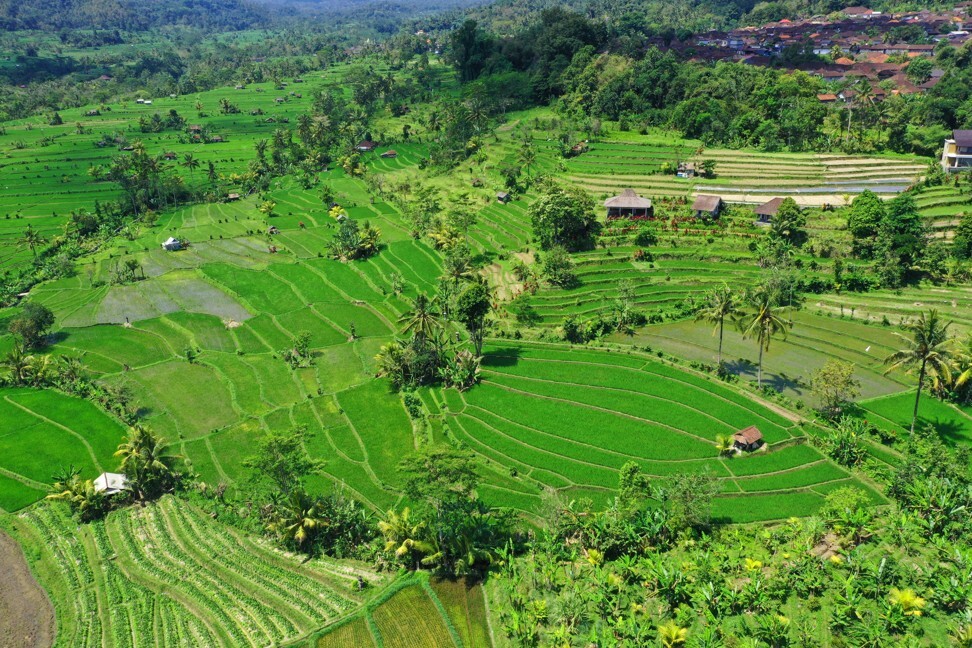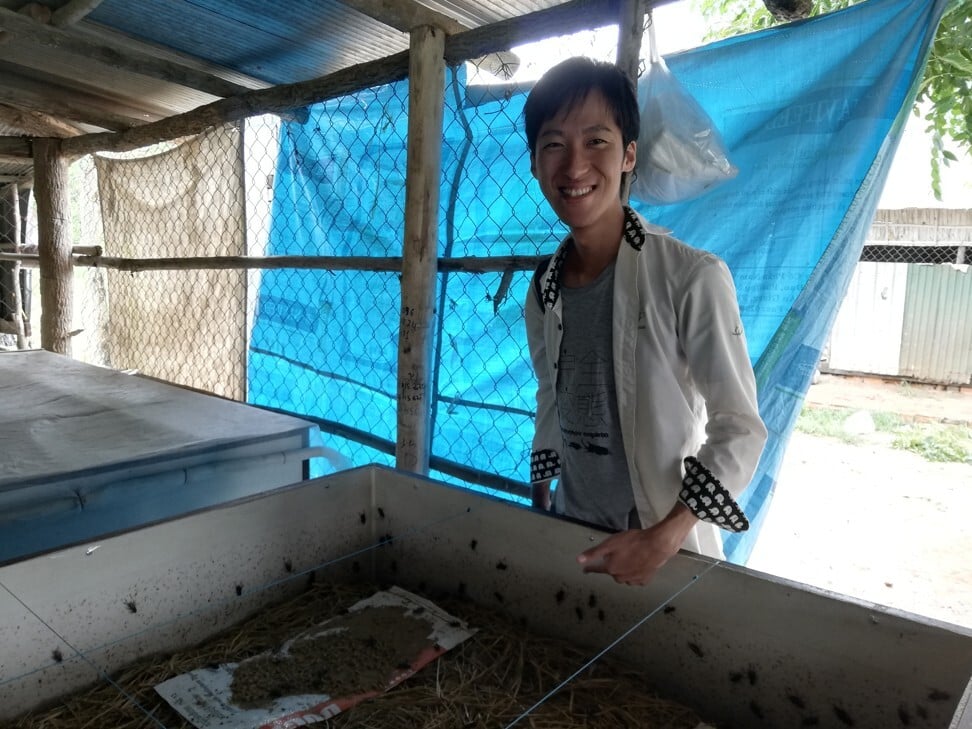
Agritourism: why farm stays and rural experiences are set to be the next big travel trend
- Ever wondered what it’s like to work the land, herd livestock and take part in farm-to-table cooking classes? Agritourism may be for you
- Southeast Asia’s rich rural landscapes are ripe for the picking, with a number of projects and hotels championing agritourism ventures
“I can’t wait to leave behind the city and get back to nature, away from the crowds and somewhere I can really experience a country,” says seasoned traveller Ashley Chung, who is chomping at the bit in Bangkok, the city the Hongkonger has called home for the past three years.
She echoes the sentiments of many travellers looking forward to a rural experience, away from the crowds, in a post-Covid or perhaps Covid-enduring world.
According to travel experts, destinations in areas enveloped in nature will become highly sought-after, and there will be an increased emphasis on eco- and community-driven tourism. Agritourism – where farming and tourism collide – looks likely to be a major beneficiary, with Southeast Asia’s rich rural landscapes ripe for the picking.

Agritourism encompasses farm stays and experiences such as working the land, herding livestock, touring farmland and taking part in cookery classes. It has been gaining prominence along with adventures that immerse visitors in local life, with the benefits running both ways.
“Obsessed” with insects since childhood, Ashikari pressed pause midway through a biology PhD at Waseda University in Tokyo in 2018 aged 25 to volunteer at a cricket farming project in Cambodia. He then launched Ecologgie, which trains and employs cricket farmers in Kampong Thom and Takeo, Cambodian provinces known for their cricket farming.

To supplement the farmers’ income, Ashikari designed a series of tours late last year that allowed guests to learn first-hand about cricket and tarantula farming in Cambodia. Among the adventures offered was the chance to accompany hunters as they ventured into the jungle to snare tarantulas by hand. The spiders are defanged and sold to vendors who cook them up into deep-fried snacks. Guests could also help cricket farmers with their work and spend the night in their homes.
“More and more tourists really want to learn about and experience local livelihoods,” Ashikari says. “The majority of Cambodians are farmers and it is hard, so I wanted to create something that is very different while helping these farming communities.”
Last year, Ashikari ran two trial tours. While his push to promote them has since been halted by Covid-19, he believes once travel resumes, off-the-beaten-track adventures such as his will prove popular.

In Thailand, Six Senses Yao Noi runs trips to an organic chicken farm where guests can choose their own fresh eggs to be cooked back at the resort. Guests at Six Senses Krabey Island in Cambodia can visit its mainland farm, complete with a farmhouse where cookery classes are held and farm-to-table meals served. This is an element Jeffery Smith, vice-president of sustainability at Six Senses Hotels Resorts Spa, says will be incorporated in more of the company’s future projects.
Covid has shocked us all but delivered the planet a big favour … In the wake of this, people have become more aware of the environment, their local community, health and hygiene
With its farming heritage, wealth of natural resources and diverse environments, the Philippines is well suited to agricultural tourism.
“In the new South Palms, we are embracing the agricultural elements of Bohol culture and bringing landscape elements to the hotel that celebrate rural Philippines,” says managing director Hope Uy, who hails from a local farming family.
A farm forms a major part of the South Palms masterplan and opened earlier this year to provide the guests of the resort, as well as those of the nearby North Zen Villas, with an agricultural experience. Organic fields were created, animals introduced and old machinery upcycled into playparks for children visiting the farm, though progress was halted when the Philippines went into a pandemic lockdown.

“We wanted to create something guests could experience and engage with,” says Drew Anderson, director of Topo Design Studio, which planned South Farm. “We want guests overlooking an actual agricultural field, learning about the fresh produce they’ll have for dinner that night and walking trails that encourage them to engage with the culture and landscape.”
Local artisans will be employed to produce pottery and woven products as soon as lockdown restrictions allow. Future plans include a goat breeding programme that will produce cheese and milk.
“An important component of the farm is the education process for both tourists and the local community,” Uy says. “Kids will be able to go into the garden and pick fresh ingredients and make their own pizzas. Part of sustainability is getting away from processed foods and getting back to basics from our own gardens.”

A major part of the agritourism movement is farm-to-table cuisine. Whereas “organic” was a buzzword in pre-pandemic times, the demand for chemical and pesticide-free produce is slated to skyrocket as buffets and mass-produced meals fall out of favour, to be replaced with fresh, locally sourced food.
“The appeal is in the comfort of knowing where your food is coming from and understanding it’s better for the planet and yourself,” Anderson says. “Covid has shocked us all but delivered the planet a big favour; a reset that perhaps it needed. In the wake of this, people have become more aware of the environment, their local community, health and hygiene.
“Farm-to-table promotes exactly this and delivers travellers a fresh, healthier and tastier food experience. They can have comfort in knowing where it came from.”

For travellers like Chung, agritourism ticks all the boxes.
“It’s a chance to breathe fresh air away from it all, get your hands dirty, eat fresh food picked that day and experience a completely new culture,” she says. “These are things I always looked for on a break, but that I’ll want even more in the future.”
Tim Cordon, area senior vice-president at the Radisson Hotel Group, says the trend towards agritourism would probably have taken five to 10 years to properly materialise before the pandemic.
“It’s now going to become mainstream in a very short period of time as people look for more out-of-the-way destinations that offer these kinds of experiences.”

